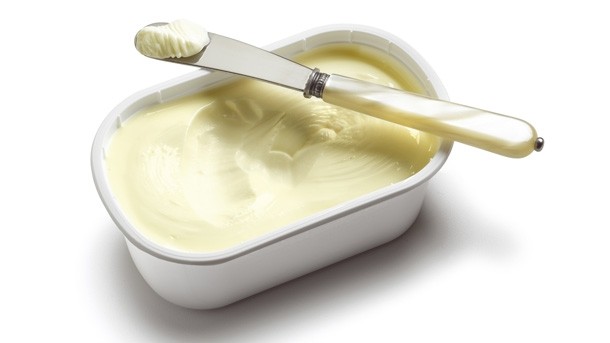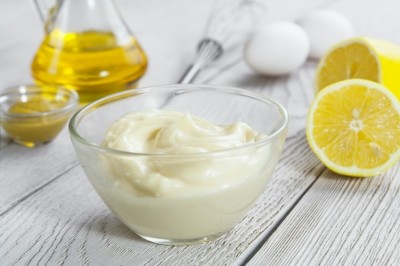Unilever food disposal rumours rise

The group’s underperforming margarine and spreads business will once again be viewed as a potential disposal prospect, following the decision last year to run it as a standalone operation within Unilever’s food division.
Rumours that this was a precursor to Unilever selling the business off were categorically denied by the group at the time.
Unilever’s food business, which includes famous brands such as Marmite, Knorr, Flora margarine and Hellmann’s mayonnaise, reported flat sales of 3.2bn in Q2 and a 1.4% rise to 6.4bn in the first half.
Sales growth
Its refreshment business, which includes brands such as Magnum and Ben & Jerry’s ice cream and Lipton’s tea, also reported sales of 3.2bn up 2.9% for Q2 and 5.5bn, up 2.7% for the half year.
Overall, Unilever’s chief executive Paul Polman reported a 11% drop in net profit to 2.7bn for the six months to June 30 on a turnover up 12% to 27bn.
In July 2014, The Financial Times reported Unilever’s sale of its Slim-Fast meals brand in the US to Texas private equity firm Kainos Capital for an undisclosed sum. This followed the £2.15bn sale of its North American pasta sauce brands Ragú and Bertolli in May 2014 to Japan’s Mizkan Group and several other earlier disposals in the US.
Some commentators have said Unilever might see better prospects in high-margin personal care products rather than in low-margin food, which could make some brands vulnerable to disposal.
‘Unilever will exit food’
“All the indications suggest to me that long-term Unilever is focused on its non-food businesses and I suspect that over time it will exit food,” said Julian Wild, a partner with corporate finance specialist Rollits. “I couldn’t say how long that will take, but I would be fairly certain it will happen.”
However, in its food business results released last month, Unilever reported that its savoury products showed broad-based growth, helped by the success of its cooking products in emerging markets and soups in Europe. Growth, it claimed, had been driven by innovations and market development campaigns behind its global and local brands.
However, Unilever noted that its spreads performance had been hit by the sustained contraction in developed markets. It reported that its new Baking, Cooking & Spreads unit went live on July 1 2015. This is intended to reposition the business to more attractive segments, such as melanges (mixtures of margarine and oil) and premium cooking oil blends.
Unilever’s refreshment business grew in value, despite its volumes being slightly down against a strong prior year performance.
It claimed to have upgraded the mix in ice cream with innovations behind its premium brands, such as Magnum Pink and Black variants, Ben & Jerry’s Cores range and the new flavours of Breyer’s Gelato. It said the recent acquisition Talenti had begun well, benefitting from increased distribution in the US.

















